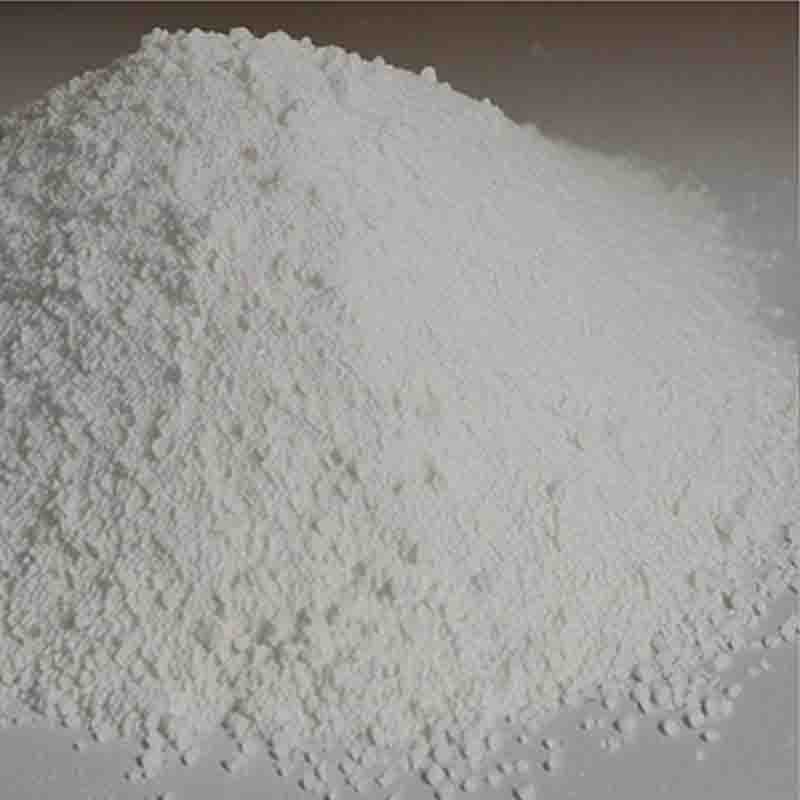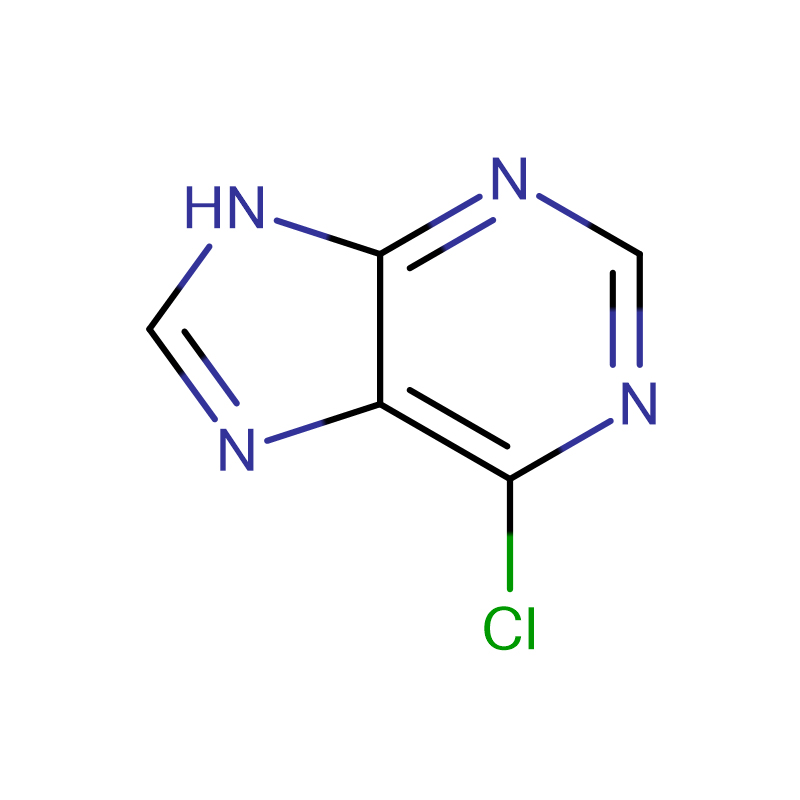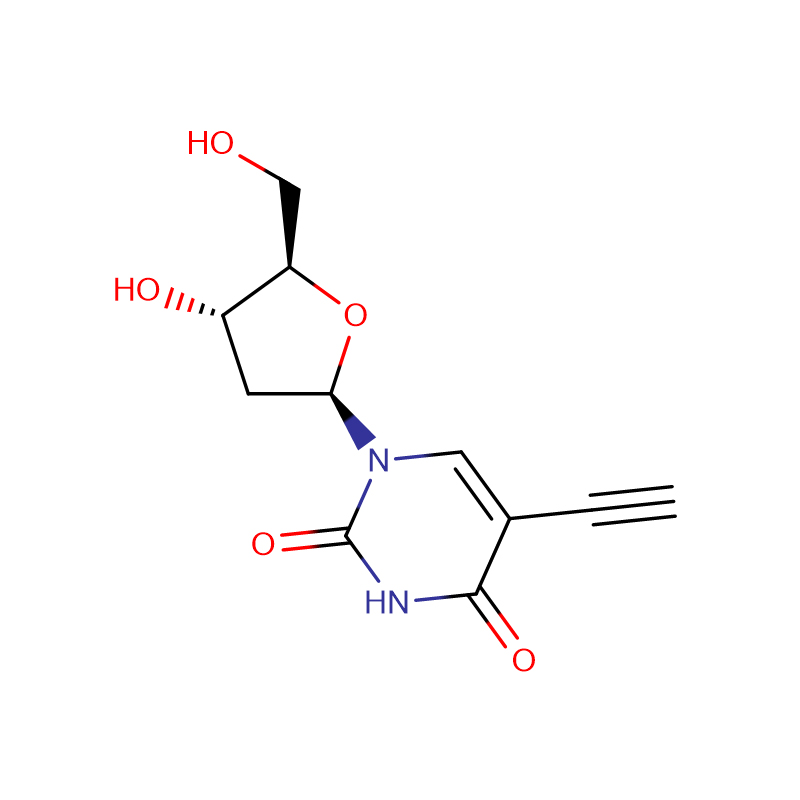Benzylidene-bis(tricyclohexylphosphine)dichlororuthenium CAS: 172222-30-9
| Catalog Number | XD94410 |
| Product Name | Benzylidene-bis(tricyclohexylphosphine)dichlororuthenium |
| CAS | 172222-30-9 |
| Molecular Formula | C43H73Cl2P2Ru |
| Molecular Weight | 823.96 |
| Storage Details | Ambient |
Product Specification
| Appearance | White powder |
| Assay | 99% min |
Benzylidene-bis(tricyclohexylphosphine)dichlororuthenium, also known as Grubbs' catalyst, is a highly efficient and widely used catalyst in organic synthesis. It was discovered by Robert H. Grubbs, for which he was awarded the Nobel Prize in Chemistry in 2005. This catalyst plays a crucial role in various reactions, particularly in ring-closing metathesis (RCM) reactions and olefin metathesis reactions.RCM reactions involve the formation of a cyclic compound by closing a ring through the formation of a new carbon-carbon bond, typically from a diene or an enyne substrate. Grubbs' catalyst facilitates this process by promoting the metathesis reaction, during which the double bonds in the substrate rearrange to form the desired ring structure. This reaction is widely applied in the synthesis of natural products, pharmaceuticals, and materials with cyclic structures.Olefin metathesis refers to a class of reactions in which the double bonds in olefins (alkenes) undergo rearrangement to form different olefinic products. Grubbs' catalyst is highly effective in enabling this transformation due to its ability to activate multiple olefinic bonds simultaneously. The catalyst's tricyclohexylphosphine ligands contribute to its stability and activity, enabling it to carry out efficient metathesis reactions.Aside from RCM and olefin metathesis, Grubbs' catalyst is also employed in various other transformations, including cross-metathesis reactions and tandem reactions. Cross-metathesis involves the exchange of alkene partners, leading to the formation of new carbon-carbon bonds. It is widely used in the synthesis of complex molecules, particularly in the preparation of building blocks for drug discovery and materials science.Furthermore, Grubbs' catalyst has found applications in polymer chemistry, where it is utilized in ring-opening metathesis polymerization (ROMP). ROMP enables the synthesis of polymers with controlled molecular weight and narrow polydispersity. The use of Grubbs' catalyst in ROMP allows for the generation of well-defined polymers with specific architectures and functionalities.Overall, benzylidene-bis(tricyclohexylphosphine)dichlororuthenium, or Grubbs' catalyst, is a highly versatile and effective catalyst in organic synthesis. Its ability to promote metathesis reactions, including ring-closing metathesis and olefin metathesis, has revolutionized various fields, from natural product synthesis to polymer chemistry. With its well-established reactivity, stability, and selectivity, Grubbs' catalyst continues to play a vital role in the development of novel organic molecules and materials.









